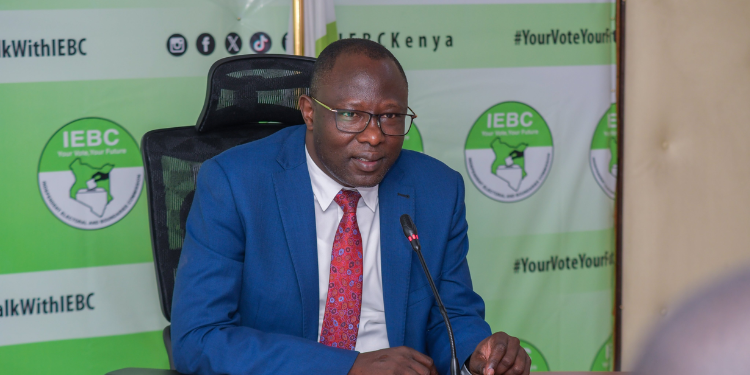The Impact of Lowering the Voting Age: Should Kenya Follow the UK’s Lead?
The United Kingdom has recently enacted legislation to lower the voting age from 18 to 16 as part of an initiative to enhance democratic engagement ahead of the upcoming 2029 general election. This shift has ignited a significant global debate regarding the appropriateness of allowing 16-year-olds to cast their votes in elections.
The Global Dialogue: Should 16-Year-Olds Vote?
To delve into the implications of this change, The Conversation consulted political experts from Ethiopia, Ghana, Kenya, and Nigeria. Their insights shed light on the potential benefits of lowering the voting age in African nations.
Young Kenyans’ Political Representation
According to Prof. John Mukum Mbaku, an esteemed economist and political researcher, young individuals in Kenya are significantly underrepresented in the political landscape. This exclusion leaves many feeling deprived of their voice in shaping policies that will influence their futures. Under current Kenyan law, individuals under the age of 18 are barred from holding public office, limiting their access to leadership roles in political parties as well.
Advocating for lowering the voting age is founded on the premise that these youths are the forthcoming leaders of Kenya.
Why Lower the Voting Age to 16 in Kenya?
Prof. Mbaku argues that since the legal age for employment in Kenya is 16, young citizens can work and pay taxes, yet they are systematically denied the fundamental democratic right to vote. This disparity enables them to contribute to the economy but restricts their participation in governance.
Allowing citizens aged 16 and 17 to vote is essential for a more inclusive and accountable democracy.
The Benefits of Early Political Engagement
Research from the United States suggests that early voting significantly enhances lifelong political participation. Young voters tend to be more informed and active, which can lead to increased turnout during elections and a stronger democracy overall. Prof. Mbaku emphasizes that allowing younger citizens to vote can lead to improved accountability among elected officials.
As political dynamics change, granting the right to vote to younger age groups could contribute to shaping more equitable and responsive governance solutions in Kenya and beyond.
Critics argue that young individuals should focus on personal growth rather than political engagement. However, given the far-reaching impacts of governmental decisions on their lives, their participation is crucial.
Understanding the Registration Process in Kenya
Currently, the Independent Electoral and Boundaries Commission (IEBC) requires individuals to be at least 18 years old to register as voters. Eligible citizens must present a National ID or valid passport, complete an application form, and visit designated registration centers.
Challenges to Voter Registration
Potential voters face several barriers to registration, such as being underage or lacking proper identification. Understanding these challenges is crucial as Kenya considers policy changes regarding the voting age.
Conclusion: A Step Towards Inclusive Democracy
As nations across the globe, including the UK, explore the implications of lowering the voting age, Kenya has an opportunity to reconsider its stance. If implemented, this framework could lead to enhanced political participation among youth, fostering a more resilient and representative democratic system.
Stay updated on political developments and voter registration by following our WhatsApp Channel and X account.
